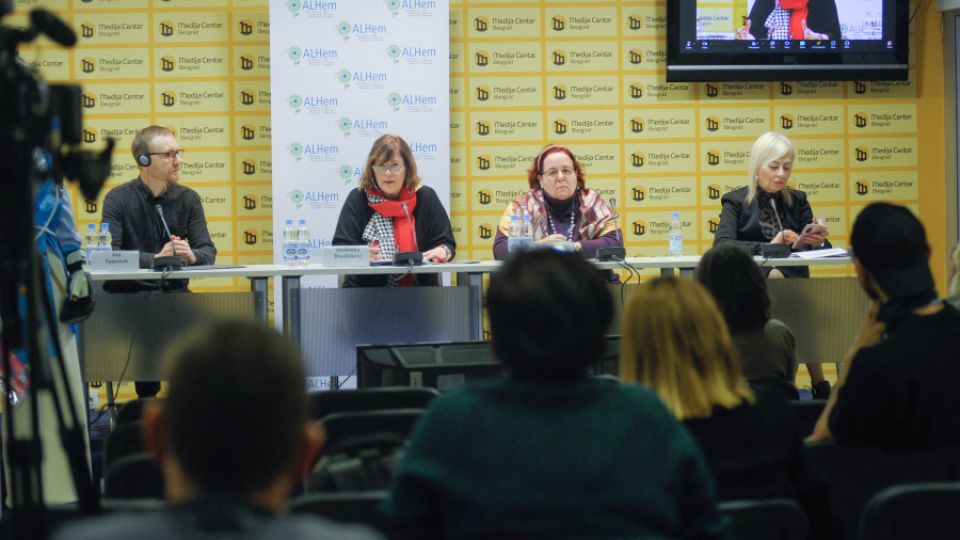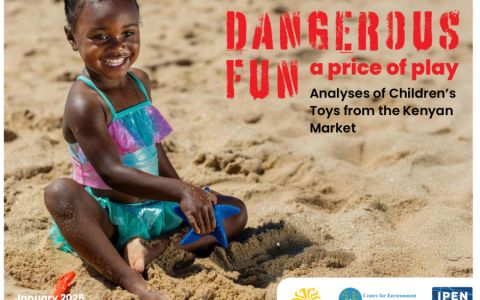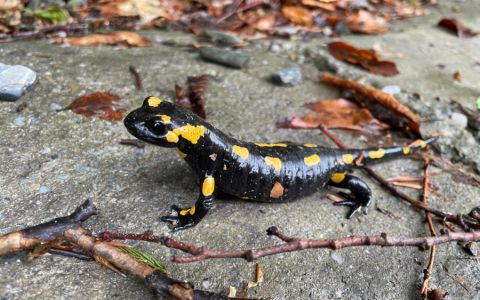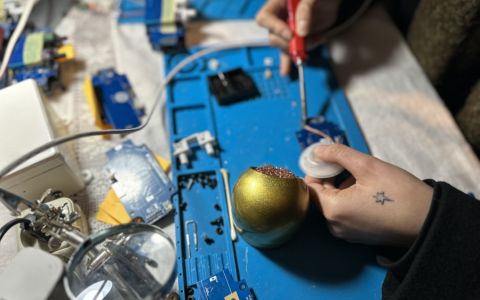BELGRADE - Even when strict regulations are introduced on toxic substances in consumer goods, these can still be present and pose a threat to public health, as showed by a recent study from Serbia. Although the country limited the presence of toxic phthalates in products last year, harmonising its national rules with the European Union, a lack of enforcement means that goods with excessive levels of these harmful substances are still on the market – including products for children.
Laboratory analysis of 30 consumer products made of PVC plastic, purchased in stores in Belgrade, showed that 63 percent of the products (19 out of 30) contained a higher percentage of phthalates than permitted than permitted 0.1%, with concentrations ranging from 0.15% to as much as 50%. The highest percentage of phthalates was found in a raincoat for children, exceeding the permitted levels 500 times. Other phthalates-filled products included school backpacks, girls' handbags, toiletry bags, PVC tarpaulins, artificial leather, boxing gloves, self-adhesive PVC foil and others.
Alternative for Safer Chemicals (ALHem), a Serbian organisation that brings together biochemists and other experts to advocate for safer use of hazardous chemicals, presented the results on phthalates in plastic products in its report "Soft Plastic, the Harsh Truth 2" together with Arnika. Experts are now calling on competent institutions to really implement the chemicals’ regulations and protect the health of citizens.
Download and read the whole study HERE
"If the ban remains on paper and no one controls the market, as it is now, we will have done nothing. We are asking the authorities to limit the presence of phthalates in electronics, a product group where the presence of toxic substances is not even banned. We are also asking for regular monitoring of the wider market. But it is also important that manufacturers start using safer alternatives instead of phthalates," said Jasminka Ranđelović, biochemist and programme manager at ALHem.
She explained that currently in Serbia it is not clear which institution is responsible for the enforcement of bans. Although the new regulation on phthalates has been in force for a year and a half, no product controls have been carried out.
ALHem has submitted an official initiative to the Serbian Ministry of Environmental Protection to limit the presence of 4 toxic phthalates in electronics, as has been done in EU countries. Another initiative - to enforce the current regulation of phthalates in other products - was submitted to the Serbian Ministry of Health. These official requests were supported by 15 other civil society organisations.
Experts warn that the risks of such an attitude are worrying. The four regulated phthalates (DEHP, DBP, BBP, DiBP) are classified as toxic to reproduction. They have been shown to be harmful to fertility and the foetus and are considered endocrine disrupters, i.e. they interfere with the functioning of the hormone system. AlHem's current efforts are also supported by medical professionals, including Dr Đuro Macut, endocrinologist and president of the Serbian Society for Reproductive Endocrinology.
Dr Branislava Matić Savićević, a public health expert from Dr Batut's Institute of Public Health, explained that phthalates enter the body through food, dust and contact, meaning through the use of consumer products containing these substances. "We are talking about low-intensity, long-term exposure, and that is something that creates a public health problem. In this case, in the form of long-term adverse effects on reproductive health, i.e. fertility," she warns.
The extent of the problem is demonstrated, among other things, by extensive biomonitoring carried out in the EU between 2017 and 2021. In a group of almost 2,900 adolescents and children who took part in this study, all were found to have phthalate metabolites in their urine samples.
Jan Šamánek from the Toxic Substances and Waste section of the Czech NGO Arnika, which works with ALHem, notes that the presence of problematic substances in plastic products, including those intended for children, is by no means limited to phthalates in Serbia. Arnika's research has repeatedly found hazardous substances in consumer goods where plastic is used: for example, dangerous brominated dioxins in children's toys or bisphenols in synthetic fibre underwear.
"Plastics in general contain an extremely wide range of substances which, while helping to achieve the desired properties of the material, have adverse - or often completely unknown - effects on human health. They are virtually impossible to get rid of and are even transferred during the recycling process," says Šamánek.
As it is impossible for the average consumer to know in advance which product is safe, ALHem urges citizens not to buy products made of soft PVC plastic, which can be identified by a recycling symbol with the number 3, and to opt for products with eco-labels, such as the EU Ecolabel.

The study and its presentation are part of the joint project of ALHem and Arnika, Youth for Healthy Serbia, supported by the Transition promotion programme of the Ministry of the Foreign Affairs of the Czech Republic. For more information, please contact Arnika’s international PR officer, Jan Kašpárek: +420 770143103 / This email address is being protected from spambots. You need JavaScript enabled to view it..







